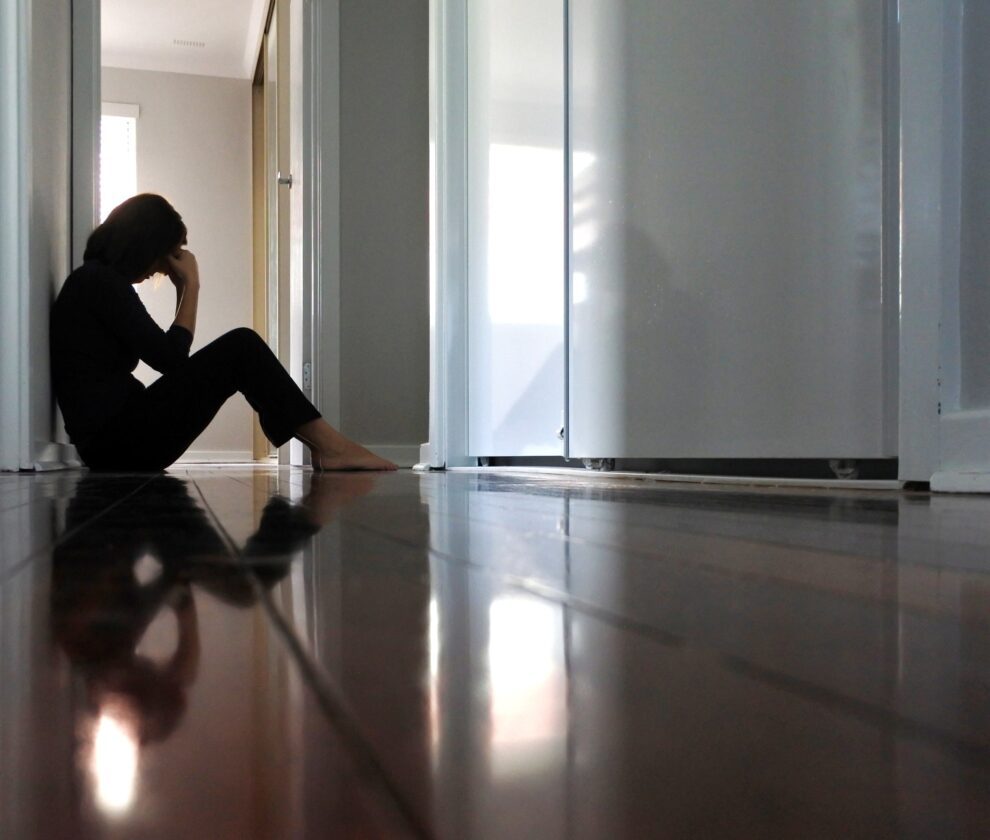Growing up under the care of a bipolar parent can profoundly affect one’s perception of family dynamics and their own potential parenting abilities. Concerns about inheriting bipolar disorder or doubting one’s capacity to be a competent parent are common among those in this situation. Finding solace in the fact that others share these feelings and experiences can be incredibly reassuring. While living with a bipolar parent presents unique challenges and emotional complexities, Novu Wellness in Sugar Hill, Georgia, understands these difficulties and offers insights and support for families navigating this journey, teaching clients how to cope with a bipolar parent. This article explores the impact of bipolar disorder on parenting and provides strategies for coping and healing.
Common Ways Bipolar Disorder Affects a Parent
Bipolar disorder can significantly influence parental behavior, leading to unpredictable mood swings, erratic decision-making, and periods of extreme highs and lows, which can confuse and distress children. Bipolar disorder significantly affects individuals’ thought processes and behaviors, characterized by intense mood swings. These swings range from “manic highs,” featuring abundant energy and impulsive actions, to deep depressive lows, where individuals may struggle with inactivity and severe sadness. These mood episodes can arise suddenly and may last up to two weeks, becoming more frequent without proper medication and treatment. Such extreme fluctuations can disrupt family life, leading to financial instability during manic episodes or job loss during depressive periods. This results in a tense and unpredictable home environment.
Long-Term Effects on Children of Having a Bipolar Parent
Hearing stories about growing up with a bipolar parent can be deeply unsettling. One individual shared that their school days were filled with concern for their mother’s well-being rather than focusing on studies, compounded by the burden of hiding their parent’s condition. The lasting impact of a parent’s mental health disorder can profoundly affect their children, even into adulthood, influencing their mental health.
Children of bipolar parents may experience:
Distrust: The unpredictability of a bipolar parent can instill a persistent sense of distrust in others, affecting the child’s future relationships.
Self-Blame: Many believe they are responsible for their parent’s mood swings, carrying this guilt into adulthood.
Controlling Issues: The chaotic household environment may lead children to cling to rules as a coping mechanism, potentially leading to controlling behaviors or obsessive-compulsive tendencies later in life.
Depression or Anxiety: The stress of an unpredictable home life can result in long-term mental health issues, like depression or anxiety, particularly if there’s ongoing contact with the affected parent.
These effects underscore the profound impact a bipolar parent can have on their child’s life and mental health, highlighting the need for support and understanding for both the parent and child.
How to cope with a Bipolar Parent
Having bipolar disorder does not inherently make someone incapable of being a good parent. Many individuals manage their condition with proper medication, leading fulfilling lives and providing stable parenting. However, this is not always the reality, and for those who grew up with a bipolar parent, childhood may have been fraught with trauma. It’s essential to know that it’s never too late to seek healing.
Key steps towards recovery include reevaluating the adult relationship with your bipolar parent and considering distance if their presence continues to be harmful. Prioritizing self-care after years of caregiving is crucial. Therapy can offer invaluable insights and strategies for addressing past trauma, while support groups provide a sense of community and shared understanding. Encouraging your parent to adhere to treatment plans can also be a significant step. These measures can pave the way for healing and moving forward from a challenging upbringing.
Seeking Help & Moving Forward
While it’s impossible to alter the past, it doesn’t prevent parents from attempting to amend their relationships with their children in the present. For bipolar parents, acknowledging past errors, actively seeking treatment, and adhering to medication regimes are crucial steps towards reconciliation. Equally important is respecting new boundaries set by your child, as it demonstrates understanding and respect for their needs.
For both children of bipolar parents and bipolar parents themselves, seeking professional help is a viable and encouraged option. Numerous treatment facilities, including those at Novu Wellness, provide comprehensive programs tailored to address mental health conditions, combining medication management with personalized therapy. These programs often include family counseling, offering a holistic approach to healing and improving family dynamics. Engaging in such treatment can pave the way for recovery and a healthier relationship moving forward.
Contact Us For Support
Novu Wellness is here to support families affected by bipolar disorder. Our dedicated team offers comprehensive care tailored to meet the needs of each family member. Visit our website or contact us directly to learn more about how we can help you navigate the challenges of living with a bipolar parent and start the journey toward healing.




